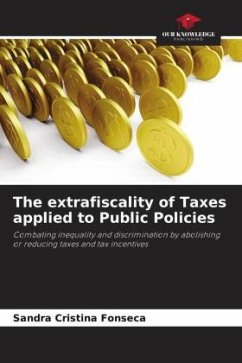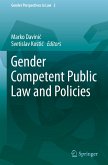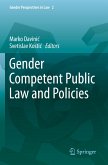The aim of this work is to demonstrate how the state uses the extra-fiscal function of taxes in its public policies in order to promote economic development, reduce social inequalities and unemployment. In a sociological context, there is still a lot of progress to be made in order to comply with the 1988 Federal Constitution, even almost three decades after its enactment. By applying the extrafiscality of taxes, the state's rules will not only be negative, but can be a means of affirmative action that will guide the state and citizens in their behavior to meet these objectives, fostering a change in society and stimulating social participation and the sharing of responsibilities. By stimulating conduct through tax benefits or incentives, the state uses the extra-fiscal function of taxes and this book will analyze the use of this tax instrument in federal government public programs and policies over the last decade.








